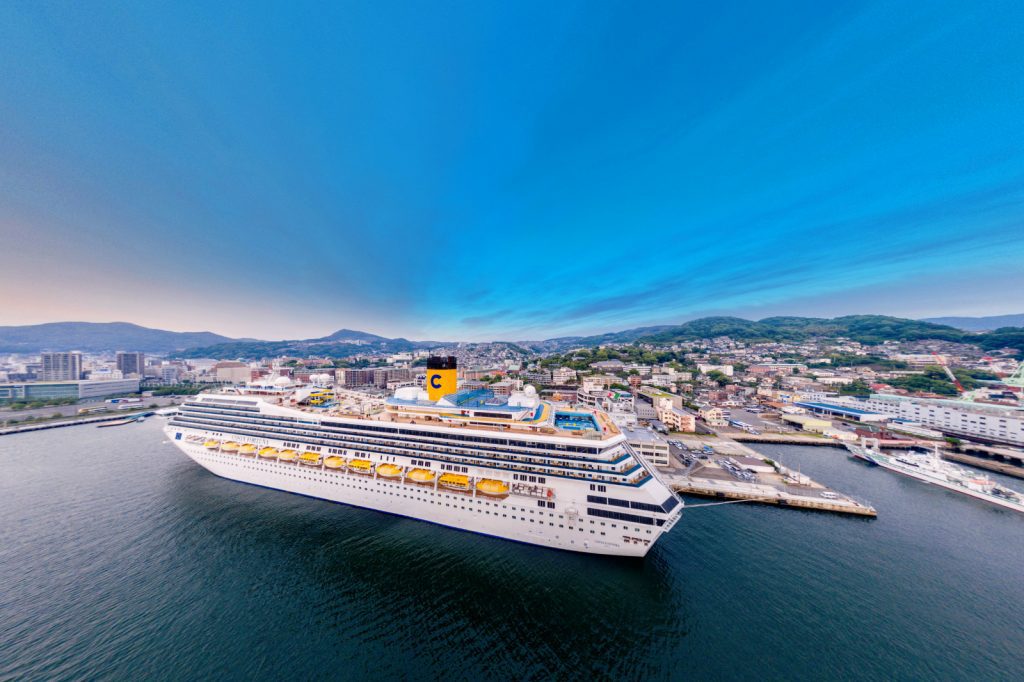Travel Advisors See Little Backlash From Carnival's Pollution Fine

Skift Take
There hasn’t been much backlash after Carnival Corp. copped a guilty plea and a $20 million fine for polluting the ocean, but some smaller cruise operators are pushing their green credentials in the hope of differentiating themselves.
Despite Carnival Corp.’s June admission of guilt and consequent $20 million fine for ocean pollution, some travel advisors are finding that such incidents have done little to raise environmental awareness or change booking behavior among their cruise clients.
However, travel advisors and others also see a growing commitment, primarily among operators of expedition-style cruises, to enact and promote sustainable cruise practices.
Beate Klünder, transport policy officer for German environmental lobby NABU, told Skift the only tangible consequence of the Carnival fine has been a pledge from the shipping giant to do better, but there hasn’t been any industrywide change in behavior in the wake of the fine.
Carnival Corp. CEO Arnold Donald is speaking at Skift Global Forum in NYC Sept. 18. Get tickets now
However, NABU believes its extensive campaign against cruise ship pollution is bearing fruit, with at least two German operators, AIDA and TUI, stepping up their game.
“They hired environmental officers [and have started] to invest in emission-reduction technology,” Klünder said.
Not Asking About Impact
Paul Sieferth, president and owner of Mesa, Arizona-based Terra Travel, believes that while every business is thinking more about the environment than ever before, there is not much discussion about what’s happening in the cruise sector.
“My clients don't even ask about the environmental impact,” he said. “They are concerned about the itinerary and price of the cruise.”
In a similar vein, Ashton Palmer, president of Seattle-based ExpeditionTrips, observed that many of the companies his agency represents are taking steps to “green up” in some ways, “but i
